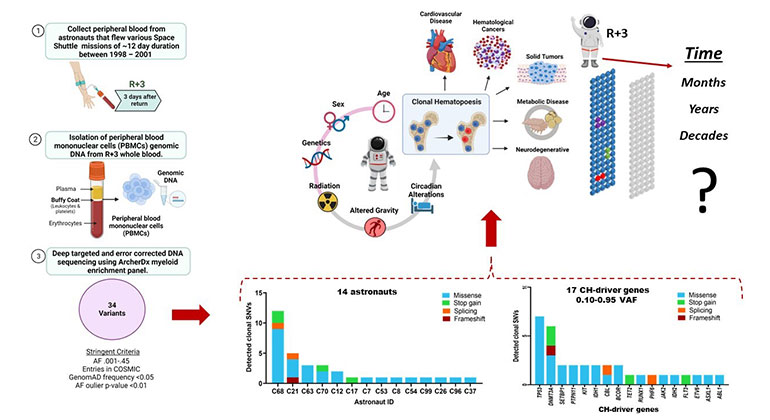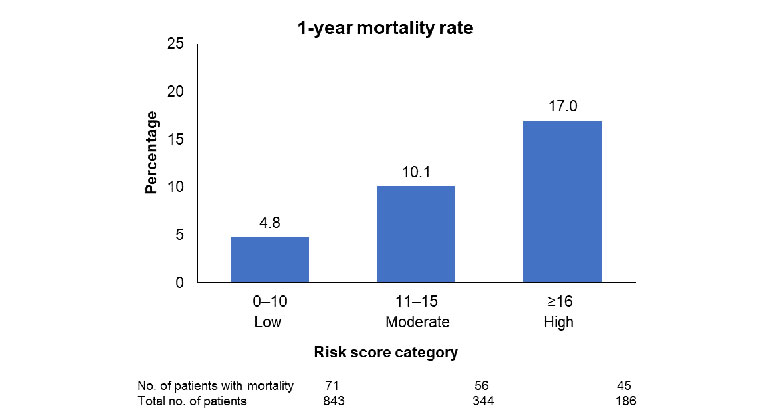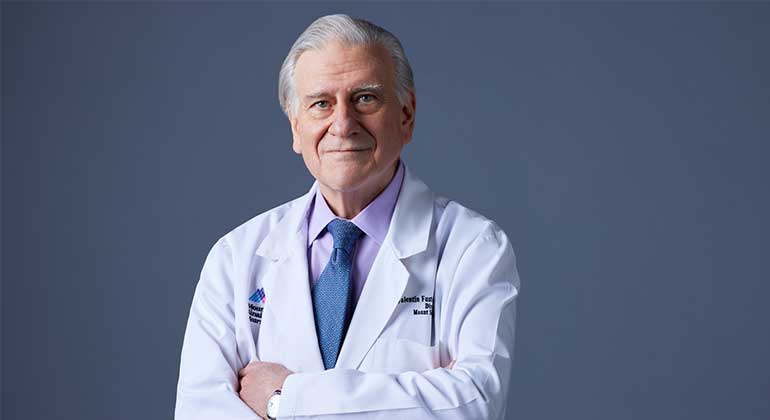Scientists Discover New Powerful Drug Candidate Can Improve a Failing Heart’s Function
An experimental drug improves the ability of heart muscle cells damaged by heart failure to pump blood, according to the results of a study led by Icahn School of Medicine at Mount Sinai researchers and published online today in Nature Communications.
Led jointly by researchers from the Cardiovascular Research Center and The Experimental Therapeutics Institute at Mount Sinai, the study has discovered a powerful molecule called N106, treatment with which increased heart muscle contraction to improve heart function so far in human heart cell and animal studies.
In the near future our multidisciplinary research team hopes to launch the first clinical trials to test this promising medicine in heart failure patients," says Roger Hajjar, MD, Director of the Cardiovascular Research Center at Mount Sinai, who led the study. This first-in-class small molecule targets a known cellular pathway, improves heart failure cell abnormalities, and may provide an essential future treatment for these patients."
Heart failure occurs when the heart becomes too weak to properly pump and circulate blood through the body. N106 may counter this by directly docking to and activating an enzyme, E1 ligase, which turns up the function of another, SERCA2a (Sarcoplasmic Reticulum Calcium ATPase). SERCA2a is a critical protein responsible for the proper flow of charged particles (e.g. calcium) in and out of heart muscle cells, with the charge flow needed to drive muscle contraction. Abnormal calcium cycling and decreased expression of SERCA2a in heart muscle cells is a major hallmark of heart failure, forcing the heart to work harder and grow larger, even as it weakens.
Interestingly, the study results suggest that the new compound may turn up the action of SERCA2a through a process called SUMOylation, where a SUMO protein (Small Ubiquitin-like Modifier) is attached to other proteins to change their function.
"By activating SUMOylation of SERCA2a, this compound directly benefits the health of cardiac cells with heart failure attributes," says Dr. Hajjar.
Like most currently available drugs, the study compound, N106, is a small molecule," with a molecular weight low enough to efficiently diffuse into cells and have its effect. Treatments that are not small molecules include those based on antibodies, which are much larger and more complex (and often more expensive) than small molecules.
There is a critical need for novel targets and treatment strategies for heart failure. Our new discovery of the promising compound N106 is a very exciting milestone for greater precision and targeted therapies for the debilitating condition," said Bob DeVita, PhD, Director of Medicinal Chemistry at Icahn School of Medicine at Mount Sinai, whose team characterized N106 through in-depth compound screening to validate its specific SUMOylation capabilities.
Team science and collaboration is incredibly important to identifying future powerful and promising medicines for cardiovascular diseases such as heart failure, which is growing in prevalence and now affects 26 million people globally and nearly 6 million in the United States," said Roberto Sanchez, PhD, Director of the Structure-Based Drug Discovery Core of the Experimental Therapeutics Institute at Mount Sinai, whose team computationally identified and characterized the interactions between compound N106 and its target.
About the Mount Sinai Health System
Mount Sinai Health System is one of the largest academic medical systems in the New York metro area, with 48,000 employees working across eight hospitals, more than 400 outpatient practices, more than 600 research and clinical labs, a school of nursing, and a leading school of medicine and graduate education. Mount Sinai advances health for all people, everywhere, by taking on the most complex health care challenges of our time—discovering and applying new scientific learning and knowledge; developing safer, more effective treatments; educating the next generation of medical leaders and innovators; and supporting local communities by delivering high-quality care to all who need it.
Through the integration of its hospitals, labs, and schools, Mount Sinai offers comprehensive health care solutions from birth through geriatrics, leveraging innovative approaches such as artificial intelligence and informatics while keeping patients’ medical and emotional needs at the center of all treatment. The Health System includes approximately 9,000 primary and specialty care physicians and 11 free-standing joint-venture centers throughout the five boroughs of New York City, Westchester, Long Island, and Florida. Hospitals within the System are consistently ranked by Newsweek’s® “The World’s Best Smart Hospitals, Best in State Hospitals, World Best Hospitals and Best Specialty Hospitals” and by U.S. News & World Report's® “Best Hospitals” and “Best Children’s Hospitals.” The Mount Sinai Hospital is on the U.S. News & World Report® “Best Hospitals” Honor Roll for 2024-2025.
For more information, visit https://www.mountsinai.org or find Mount Sinai on Facebook, Twitter and YouTube.
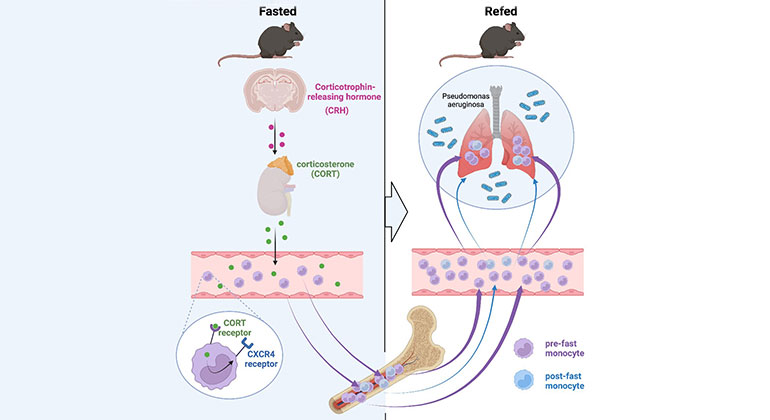
Skipping Breakfast May Compromise the Immune System
Feb 23, 2023 View All Press Releases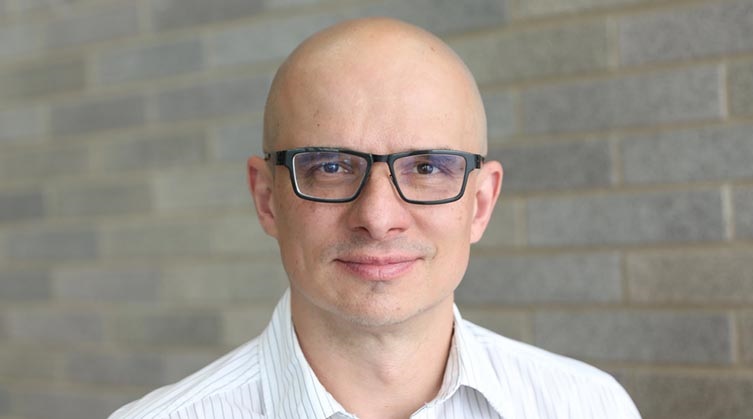
Mount Sinai Recruits Internationally Recognized Cardiovascular Immunology Researcher
Jul 21, 2021 View All Press Releases
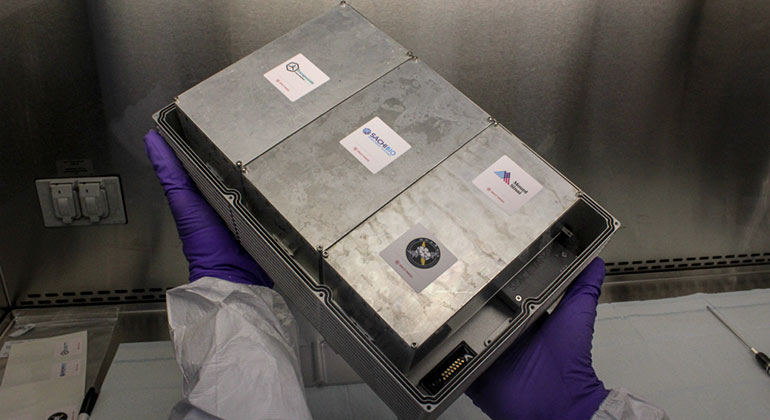
.jpg)
